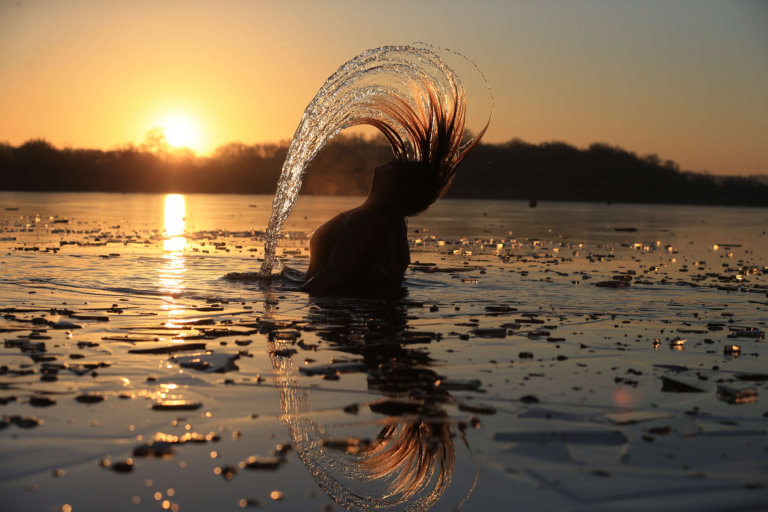
It was a turning point for Nepalese student Manisha Gautam, when a loved one boyfriend drowned a year ago in Australian waters at Bents Basin. “He was trying to save his friends. He didn’t have any idea about safety procedures and measures. With so many peoples’ help they couldn’t save him,” she told Mirage News. “It’s such a loss for the whole family and friends. It gives me a different idea about the importance of educating ourselves’ in water safety.”
Drowning is a serious problem worldwide among international travellers. According to the World Health Organisation, drowning is the third leading cause of unintentional injury-related deaths, accounting for 7% of the global tally.
Global estimates may significantly underestimate the actual public health problem related to drowning. International students who come from landlocked countries and have limited experience with Australian water conditions should take more precaution when entering the waters.
International student Manuella Sella, from Brazil, said it is important for international students to adapt to the “very different” water culture in Australia. “This means there are also different dangers and types of risks,” she shares. “People are not expecting the currents to be so strong… but it is really dangerous.”

Surf lifesavers are always looking forward to having friendly conversations with beachgoers and offer to lend a helping hand. Source: Patrick HAMILTON / AFP
Superintendent Rohan Cramsie said he wanted international students to enjoy the wonderful waterways NSW had to offer. “We want international students to safely enjoy the water in NSW. Drownings are extremely tragic due to their preventable nature. Understanding water safety and learning to swim can be the difference between life and death,” said Cramsie.
Community education team Surf Life Saving NSW advises students to always swim between the red and yellow patrol flags. Swim with company so you can look out for each other. Never swim under the influence of alcohol or drugs.
Should you need help in the water, stay calm and attract attention by raising one arm, or alternatively, dial Triple Zero Police. Wearing a life jacket when boating and learning Cardio Pulmonary Resuscitation (CPR) can also prevent such tragic happenings.
CEO of Surf Life Saving NSW Steven Pearce said he wanted international students to enjoy the beautiful NSW beaches but to understand the dangers of swimming at unpatrolled locations or rock fishing without a lifejacket and other safety equipment.
“It’s important to remember that beach safety starts long before you set foot on the sand – it starts at home. By using the Beachsafe App you can look for the safest beach, understand the dangers and make sure that the beach you go to is patrolled by lifesavers,” Pearce said.
“Remember just because the water looks calm does not mean that it is safe. Make sure you and your friends are safe by swimming between the red and yellow flags where the lifesavers can see you.”
Surf lifesavers are always looking forward to having friendly conversation with beachgoers and offer to lend a helping hand. Surf Life Saving NSW also conducts education workshops on beach and water safety for international students and people from culturally and linguistically diverse communities. More information is available on the SLSNSW website.







